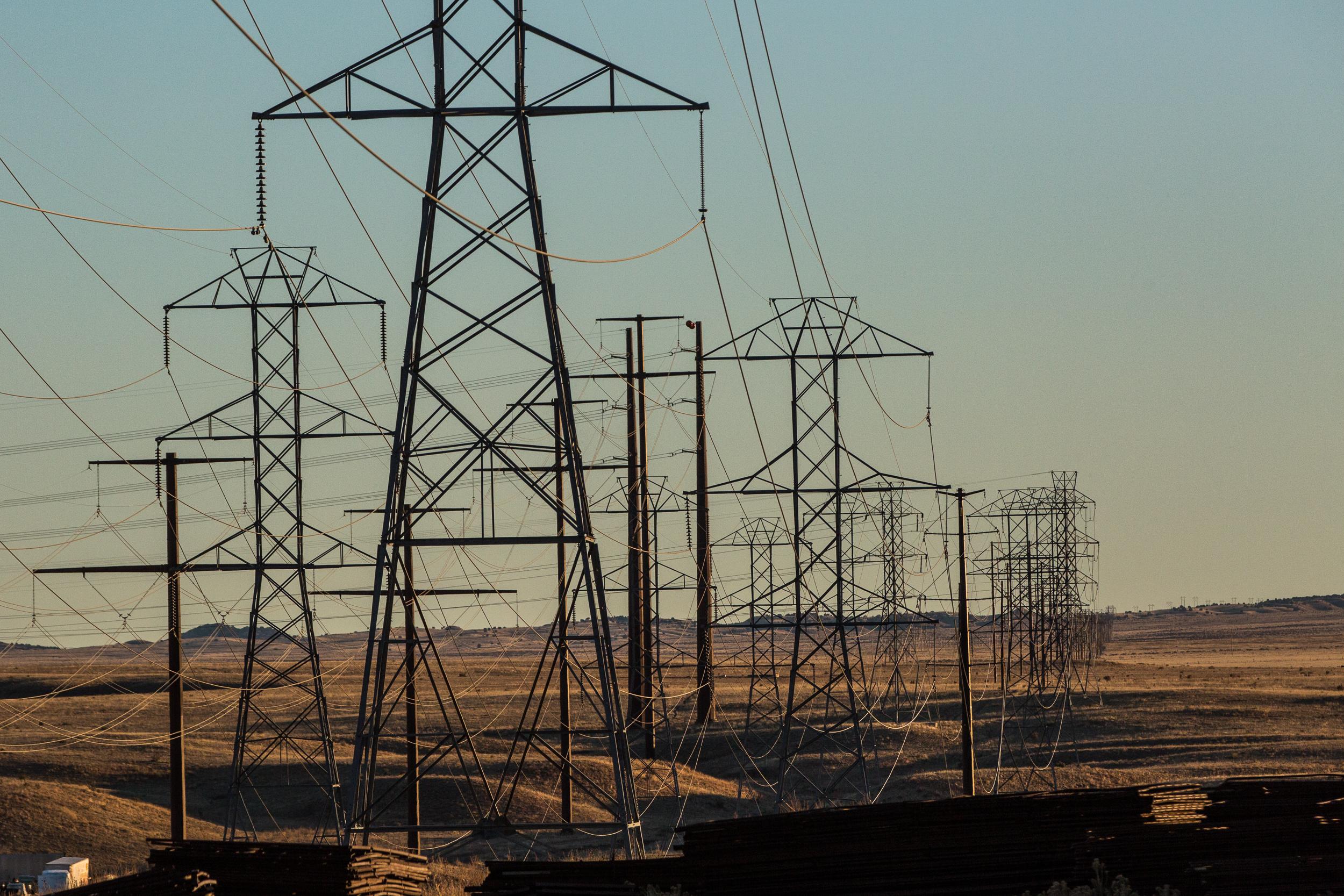
Xcel Energy, the state’s largest power company, has big plans to build transmission lines and wind turbines on Colorado's Eastern Plains.
Last week, the investor-owned utility won written approval from state regulators to build its $1.7 billion Power Pathway. The Colorado Public Utility Commission agreed the project is necessary for Xcel Energy to meet its state-mandated goal of 80 percent clean electricity by 2030.
The 560-mile project will loop the prairies east of the Front Range with high voltage transmission lines, providing the necessary capacity for a rapid build-out of wind and solar energy in the region.
Commissioners also gave conditional approval to a 90-mile dogleg into southeastern Colorado, which would allow the company to tap some of the best wind energy resources in the state. The final green light could come after Xcel Energy provides further details later this year.
The decision signals a change in venue for debates over the Power Pathway. Going forward, Xcel Energy will file construction permits with county governments and work with landowners to set a specific route for the project.
Some local residents have organized groups to fight Xcel Energy as it prepares for the construction blitz. Kerry Jiblits, a retired teacher living in Elbert County southeast of Metro Denver, said the company's plans threaten the Bijou Basin, a broad valley of forests and wetlands supporting an array of wildlife.
Jiblits lives on a small ranch in Elbert County with her husband, a retired systems engineer. She found out about the Power Pathway last October and formed the Elbert County Environmental Alliance to oppose the project along with her neighbors.
Xcel Energy's preferred route would put transmission lines through the region. Jiblits worries the project would increase the risk of a wildfire burning through elk and mountain lion habitats. In her view, future wind turbines could also imperil bald eagles and other birds while their power is funneled straight to the Front Range.
"The power they're planning on is just for the Denver Metro area. They're ruining the place where we live, they're ruining this wildlife habitat," Jiblits said.
In conversations with the company, the group has encouraged Xcel Energy to select a different route for the Power Pathway, like running it along Interstate 70 or through the existing Rush Creek Wind Farm. In a FAQ posted on its website, the company noted those alternatives would add miles to the transmission line, boosting the cost of a project that will eventually be charged to Colorado ratepayers.
The debates over the transmission are likely a preview of more conflicts over new wind and solar projects on the Eastern Plains. In a parallel proposal, Xcel Energy has asked regulators to approve around $8 billion for new electricity generation and storage, which would allow it to retire all its Colorado coal plants by 2031. Many of those new renewable assets would connect directly to the Power Pathway.
Xcel Energy hammered out the latest details for the proposal in a settlement with environmental groups, consumer advocates and local governments in April. The Colorado Public Utilities Commission will hold a meeting considering the plan on Friday.








